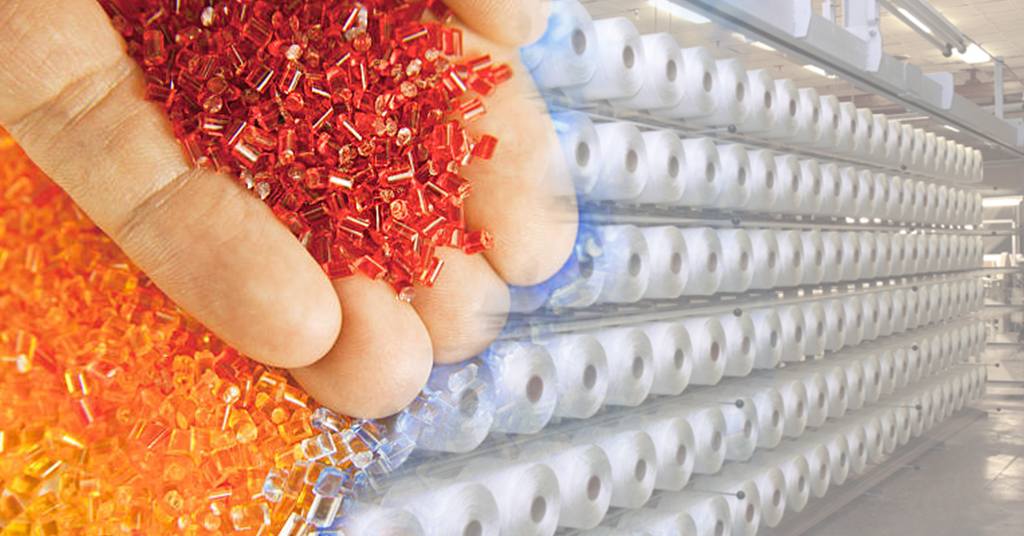Welcome To ChemAnalyst

PBAT prices have witnessed a bearish trend in the global market in the week ending October 20. The global energy and petrochemical markets have been experiencing extreme volatility due to factors such as the recent conflict between Israel and Hamas, potential further rate increases by the European Federal, and record-high US bond yields. Lower demand in the downstream packaging market and destocking storage post-festive season have further impacted players' sentiments in the PBAT industry.
Overall, the Eurozone has demonstrated a slight drop in PBAT prices in the week ending October 20 against last week's improvement. PBAT prices have been revolving around USD 1900-1945 per metric tonne price range (FOB prices) with a decline of around 1.5%, according to recorded PBAT prices in Germany, France, and Italy.
PBAT prices in the Asian market have dropped slightly from last week's stability. In China's market, PBAT prices have been hovering around USD 1436 per metric tonne (FOB prices), with a 1.4% drop. Whereas in the Vietnam market, PBAT prices have decreased only by 0.7% from last week's trading prices. Since the crude oil market has deeply tumbled upstream in China during the National Holiday season, petroleum product prices have been traced downward afterward. Before the holiday season, many PBAT producers have stored enough inventory, which is expected to cater to the moderate domestic demand until the end of October.
PBAT prices in the North American market have remained constant in the week ending October 20, hovering around USD 1793 per metric tonne. The upstream petrochemicals market has also performed quite stable in terms of prices. Moreover, as per data, the US Composite PMI index has improved to 51 in October from 50.2 in September. However, Jerome Powell, Federal Reserve Chairman, has explained that despite steady progress on reducing inflation, the fight of the US is not been still over, and a further rate hike could happen. Moreover, concern over whether the conflict might escalate persisted, which could continue affecting the market sentiments and crude oil prices and fan further inflation. Hence, demand for PBAT from the downstream sustainable packaging industry might decrease further.
The push from the European Commission on recyclable packaging and reducing plastic packaging has received recent support from the European parliament. Under the legislation under the EU Commission, most of the packaging should be recyclable or reusable. That has reflected a positive hope toward future growth in biodegradable packaging and a strong competitive PBAT market. EU lawmakers have urged consumers not to use plastic bags in supermarkets and encouraged them to carry their receptacles to fast-food outlets and coffee shops. Higher borrowing costs and uncertainty of the commercial viability of some technologies amid uncertain market conditions have stalled investment and raised questions about the EU's success in reaching its climate goal.
We use cookies to deliver the best possible experience on our website. To learn more, visit our Privacy Policy. By continuing to use this site or by closing this box, you consent to our use of cookies. More info.
